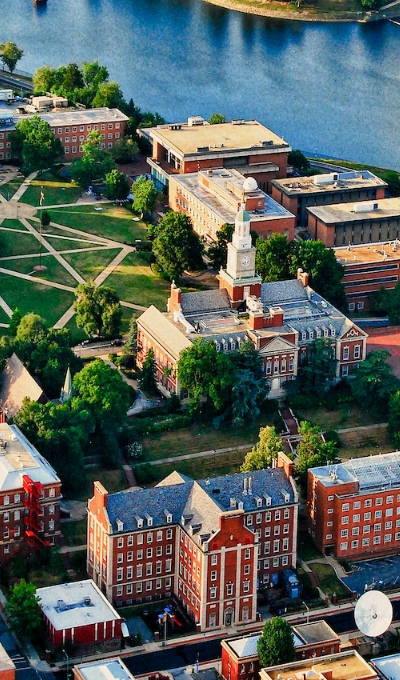Sponsored Online MSW Programs
University of Denver
Master of Social Work (MSW)
The University of Denver’s Online MSW Program is delivered by its top-ranked school of social work and offers two programs. Students can earn their degree in as few as 12 months for the Online Advanced-Standing MSW or 27 months for the Online MSW.
- Complete the Online Advanced-Standing MSW in as few as 12 months if you have a BSW; if you do not have a BSW, the Online MSW Program may be completed in as few as 27 months.
- No GRE Required
- Customizable pathway options include Mental Health and Trauma or Health, Equity and Wellness concentrations
Syracuse University
Master of Social Work (MSW)
Syracuse University’s online Master of Social Work program does not require GRE scores to apply and is focused on preparing social workers who embrace technology as an important part of the future of the profession. Traditional and Advanced Standing tracks are available.
- Traditional and Advanced Standing tracks
- No GRE required
- Concentrate your degree in integrated practice or clinical practice
Simmons University
Master of Social Work (MSW)
Aspiring direct practitioners can earn their MSW online from Simmons University in as few as 9 months. GRE scores are not required, and the program offers full-time, part-time, accelerated, and advanced standing tracks.
- Prepares students to pursue licensure, including LCSW
- Full-time, part-time, and accelerated tracks
- Minimum completion time: 9 months
Howard University
Master of Social Work (MSW)
The online Master of Social Work program from Howard University School of Social Work prepares students for advanced direct or macro practice in culturally diverse communities. Two concentrations available: Direct Practice and Community, Administration, and Policy Practice. No GRE. Complete in as few as 12 months.
- Concentrations: Direct Practice and Community, Administration, and Policy Practice
- Complete at least 777-1,000 hours of agency-based field education
- Earn your degree in as few as 12 months
Hawaii Pacific University
Master of Social Work
The online Master of Social Work prepares aspiring social work leaders to develop a multicultural social work practice, advocate for social and economic justice, and empower diverse communities affected by systemic inequities within civilian and military-focused areas.
- Learn how to develop a multicultural social work practice.
- Pending accreditation by the Council on Social Work Education (CSWE).
- Complete in 18 months full time, or in 36 months part time on the traditional track.
- Complete in 12 months full time or 24 months part time on the Advanced Standing Track.






